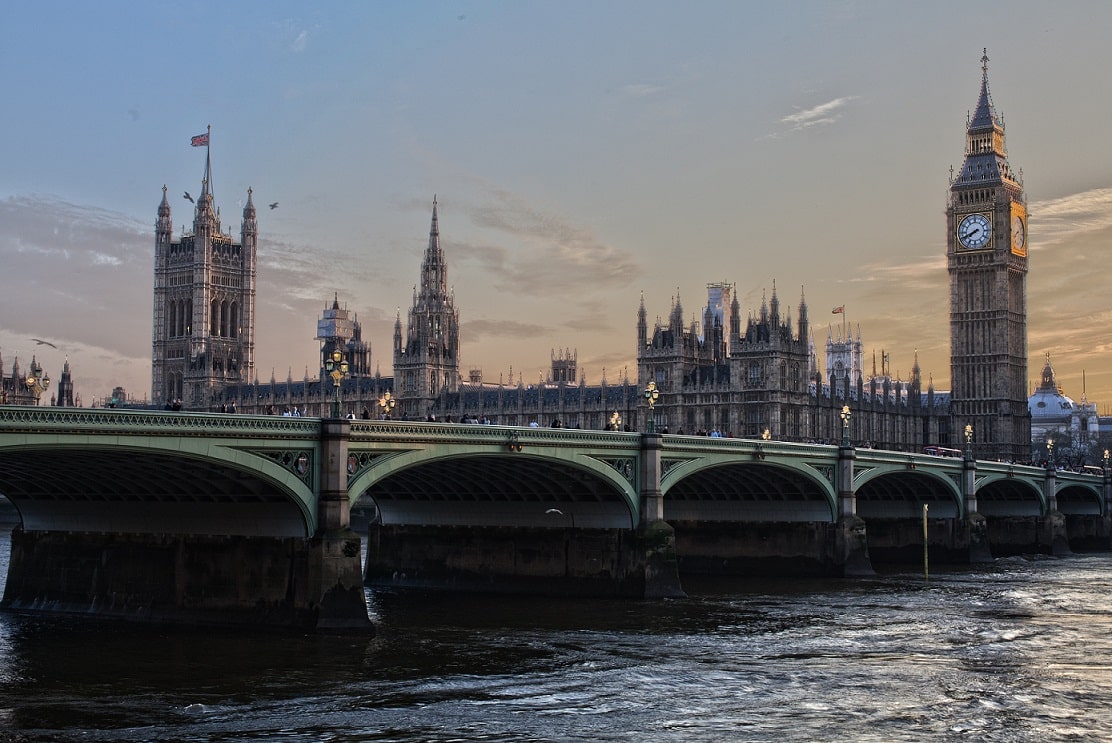The Autumn Budget will present Chancellor Rachel Reeves with an opportunity to level the playing field on how different forms of income are taxed. The Resolution Foundation says a 2p switch from National Insurance contributions (NICs) to Income Tax could raise £6 billion while protecting workers’ pay packets. This is one of the measures that the think tank says the Chancellor should use to help find £20 billion a year.
Meanwhile, the Institute for Fiscal Studies (IFS) is warning that Ms Reeves is relying on big public sector productivity gains to help her stay within spending plans. Here we take a look at what these think tanks have to say about the Autumn Budget.
Market uncertainty
The Foundation says a combination of policy-U-turns since the last Budget, higher borrowing costs and other factors mean significant fiscal consolidation will be needed for the Chancellor to meet her fiscal rules in the Budget on 26 November.
The current market uncertainty means the Chancellor will need to send a decisive signal that she is prepared to take tough decisions to meet her fiscal rules. Taken together, this is likely to require tax rises of at least £20 billion a year by 2029/30, adds the think tank.
Reduce tax bias
A key priority should be protecting workers’ pay packets as much as possible by reducing the current tax bias against employees, says the Foundation.
Switching the UK’s tax base away NICs and onto Income Tax would tackle unfairness by moving the burden away from employees and onto those who pay Income tax but not employee NICs – including pensioners, landlords and the self-employed.
Fair competition
Another key principle should be to promote fair competition across business, adds the think tank.
It says this can be achieved by addressing worrying growth in unpaid small business Corporation Tax, which has trebled from £5 billion in 2018/19 to £15 billion 2023/24. Just partially rolling back this trend could raise £2 billion.
In addition, the current VAT threshold of £90,000 – double the OECD average – should also be reduced over time to stop small firms from bunching just below it. Gradually lowering it to £30,000 would raise £2 billion a year by 2029/30.
Sensible reforms
Adam Corlett, Principal Economist at the Resolution Foundation, said: ‘These sensible reforms would raise revenue while doing the least possible harm to workers and the wider economy. And by acting decisively, the Chancellor can turn her full attention back onto securing stronger economic growth.’
Ambitious improvements
The government is banking on big, ambitious improvements in public sector productivity to deliver its desired public service improvements from within its spending plans, says the IFS. It estimates that the government’s plans imply average productivity growth of 1.0% per year between 2025/26 and 2028/29. That compares with historical averages of 0.7% per year between 2009 and 2019 and just 0.2% per year between 1997 and 2019.
The think tank says that although further post-pandemic recovery and potential gains from AI provide some grounds for optimism it is very possible that productivity targets will be missed.
According to the IFS, there is a real risk that lacklustre productivity growth forces the government either to allow public service performance to fall short of what its plans imply, potentially missing key targets, or to top up departmental budgets to the tune of billions of pounds in a tight fiscal environment.
A huge amount is riding on the NHS in England, where more than half of total planned productivity improvements are expected to be made, it adds.
Increase the pressure
Olly Harvey-Rich, a Research Economist at the IFS, said: ‘If this government wants to stick to its spending plans while also fulfilling its ambitious commitments on public services, delivering serious productivity growth is essential.
‘Failure would increase pressure on the Chancellor to top up spending plans. In the longer term, productivity gains are perhaps even more important, as they are one of the few ways that public services will be able to meet growing demand without ever-increasing taxes.’
The Autumn Budget
The Chancellor will deliver the Autumn Budget to Parliament on 26 November.
Whatever changes are made, Mercia’s tax experts will be watching and will provide detailed analysis of the day’s announcements. Keep your clients up to date with our range of digital and printed products.


